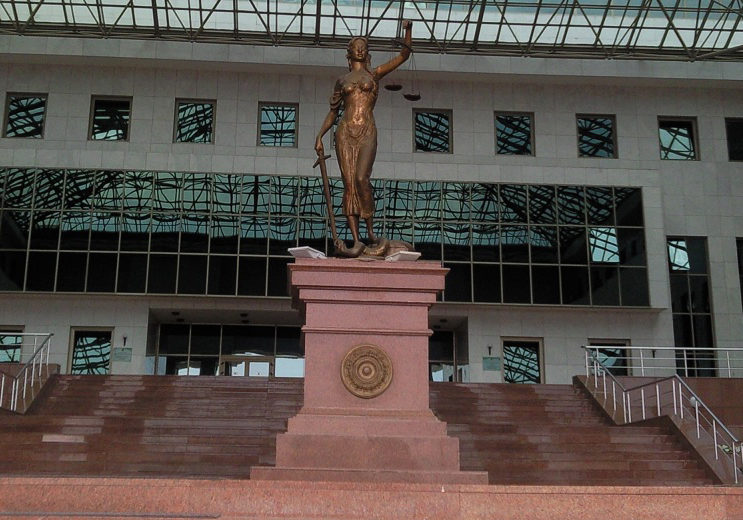
Feb 11, 2015
The ICJ presented its opinion in regard to the case of Oleg Evloev v. Kazakhstan. The underlying matters in the proceeding had been the subject of a decision by the UN Committee against Torture (CAT).
The ICJ outlined the States’ obligations under the UN Convention Against Torture, the Procedure under Article 22 of the Convention, as well as the National Courts’ role vis-a-vis the decisions of the CAT.
Contact:
Róisín Pillay, Director, Europe Programme, roisin.pillay(a)icj.org
Temur Shakirov, Legal Adviser, Europe Programme, temur.shakirov(a)icj.org
Russia-Evloev expert opinion-Advocacy-analysis brief-2015-eng (full text in PDF)
Russia-Evloev expert opinion-Advocacy-analysis brief-2015-rus (full text in PDF)
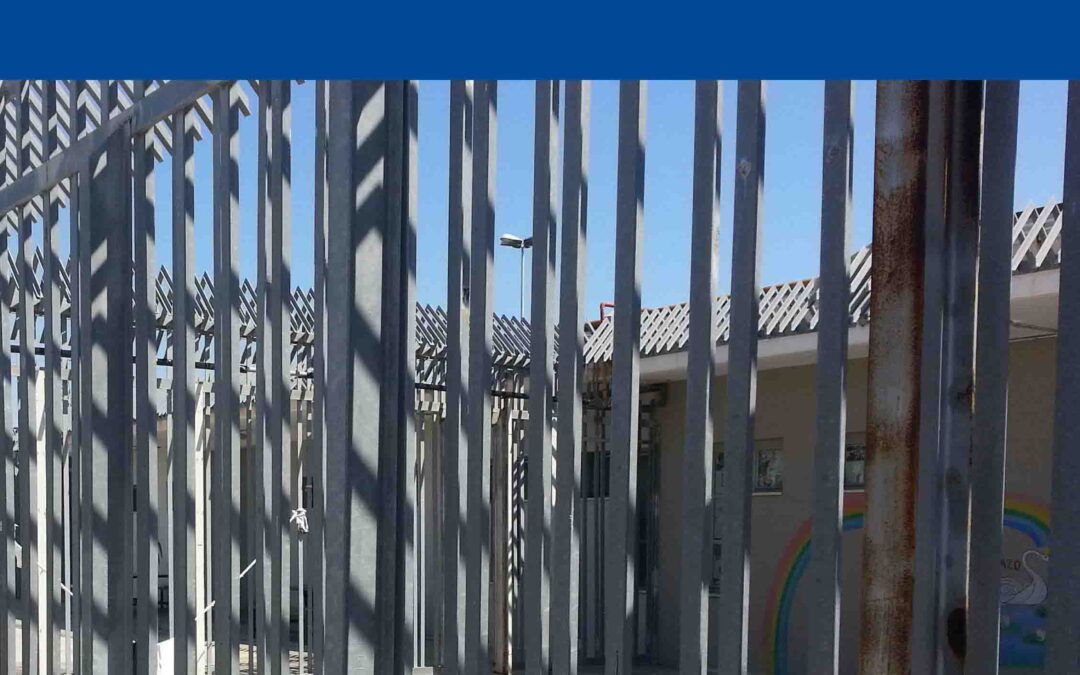
Oct 30, 2014
An ICJ report, published today following a mission to Italy, examines the effectiveness of the Italian legal system in delivering access to justice for undocumented migrants who challenge orders for their expulsion or administrative detention.
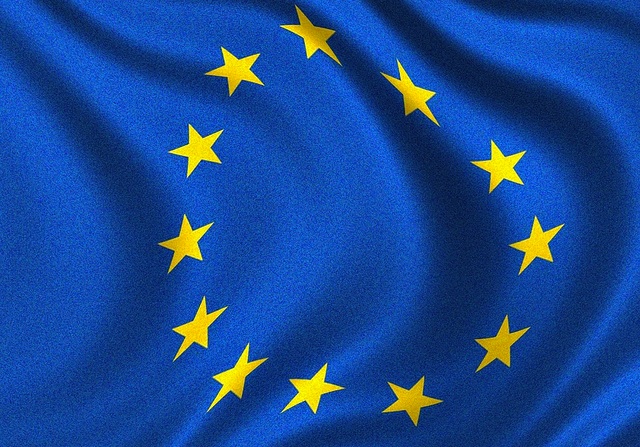
Sep 5, 2014
The ICJ, together with JUSTICE and NJCM, today published two commentaries on the proposed directives on provisional legal aid and legal aid in European Arrest Warrant Proceedings and procedural rights for children suspected or accused in criminal proceedings.
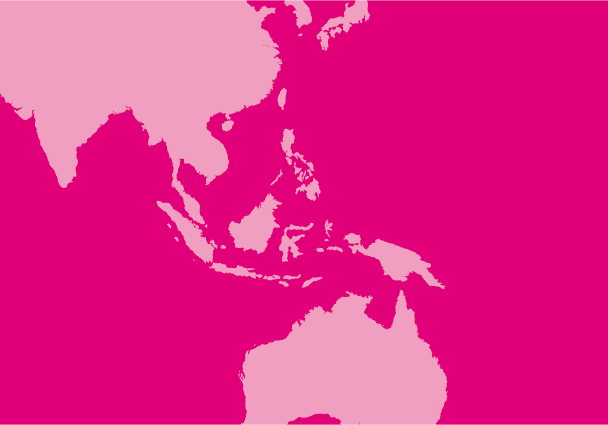
Jul 8, 2014
The ICJ today condemned the decision of the Constitutional Council to uphold three draft “judicial reform laws” that infringe on the independence of the judiciary, in contravention of international standards and Cambodia’s constitution.
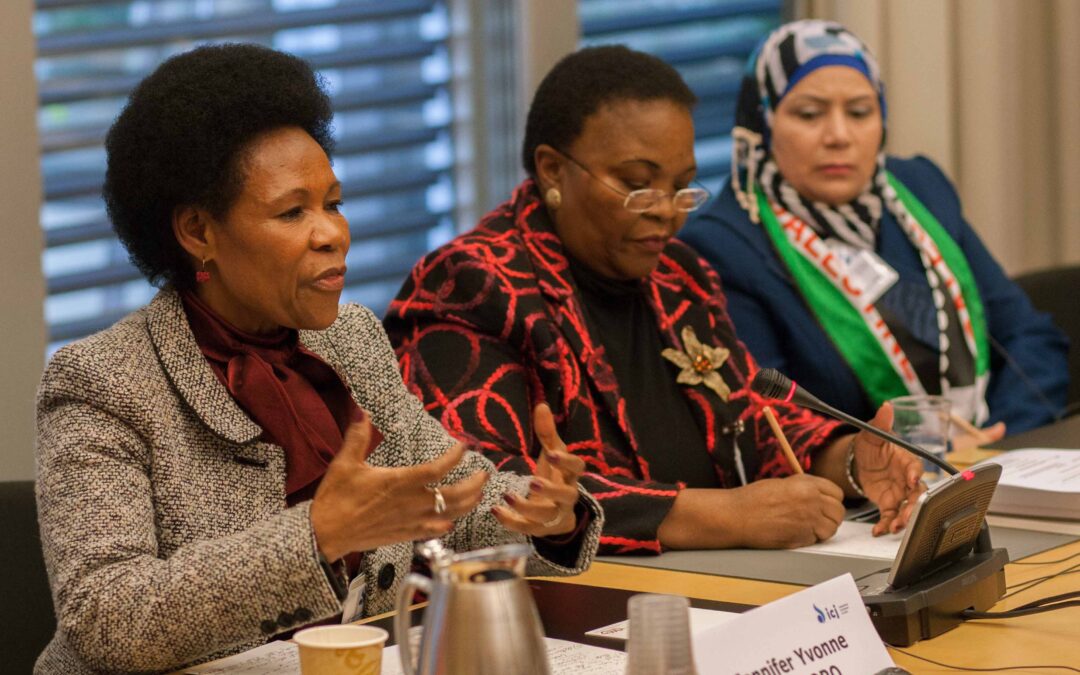
Apr 3, 2014
The ICJ today published two documents based on the fourth annual Geneva Forum of Judges and Lawyers, on the topic of women and the judiciary.
The Forum brought together women judges and senior women lawyers from around the world, with a particular focus on countries from the Middle East / North Africa and Sub-Saharan Africa, where the ICJ had held two regional colloquia (one in Arusha and another in Tunis).
Participants drew on personal opinions, their professional experiences and their legal skills in discussing the obstacles that continue to impede women’s full and equal participation in the judiciary, the important roles that women judges can play, and the mechanisms to improve women’s representation.
The document below summarizes some of highlights of the Geneva Forum discussions.
The ICJ is also publishing today a synopsis of findings from the three meetings: Women and the World’s Judiciaries: Identifying Key Challenges and Opportunities
Women-Geneva Forum Highlights-briefing paper-2014 (full text in pdf)









